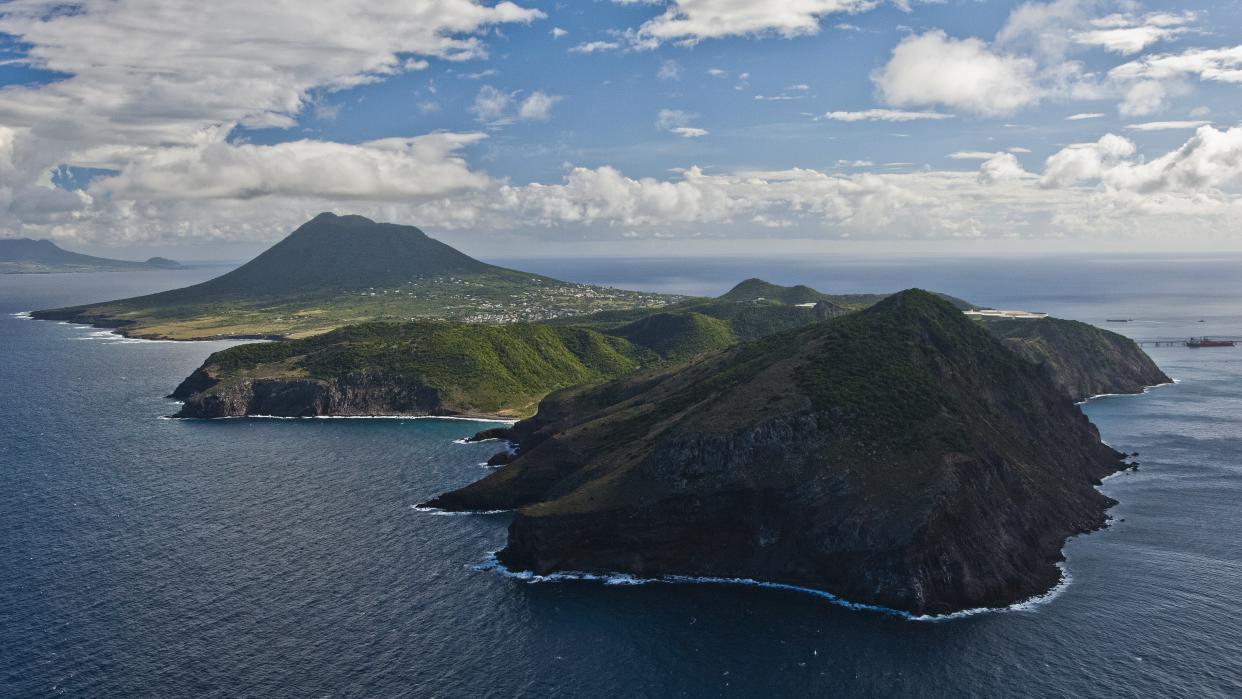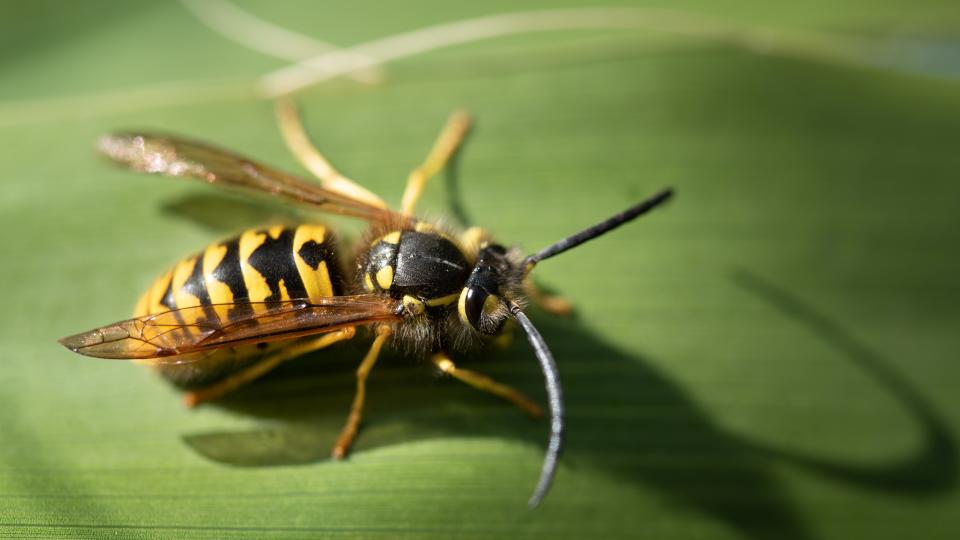"Everybody sprang into action" – search and rescue team swarmed by bees during volcano rescue

Search and rescue teams are used to risking life and limb when they come to the aid of lost and injured hikers, but a crew in the Caribbean got more than they bargained for on Thursday when they were attacked by bees during a rescue mission.
On Wednesday night, emergency services and a group of volunteers were called out to locate a couple, who were visitors to the island, that had become lost during a hike to The Quill on the island of St Eustatius in the Caribbean Netherlands. The Quill, also known as Mount Mazinga, is a dormant stratovolcano characterized by a large volcanic crater, and the second highest mountain in the region.
According to reporting in Loop News Caribbean, crews located the woman uninjured but exhausted at about 11:30 p.m. on Wednesday. However, she reported that she had been unable to contact her husband.
The following morning, a larger-scale search mission was launched and rescuers were able to locate the man on a steep incline. Whilst they were attempting to move him to the crater rim, at 1,972 ft above sea level, the group was attacked by a swarm of bees. Several members of the rescue team were stung.
"Everybody sprang into action," Government Commissioner Alida Francis tells the St Vincent Times, adding that all parties were accounted for by 7:30 p.m. on Thursday.
"It was a massive operation, something we all can be proud of."
Officials are currently considering closing the hiking trail while they assess the bee situation.

Bee and wasp safety
Swarming bees and wasps aren't just a problem in the Caribbean; bees are a problem on Arizona's Camelback Mountain and predatory wasps known as Yellowjackets are common in the US, Europe, Australia, New Zealand and parts of South America.
Be aware that even the best insect repellents do not work against wasps and bees. When hiking in areas prone to bees and wasps, cover your skin, stay aware, keep food and drinks sealed and be prepared to move away fast. Learn more in our article on yellowjackets.

